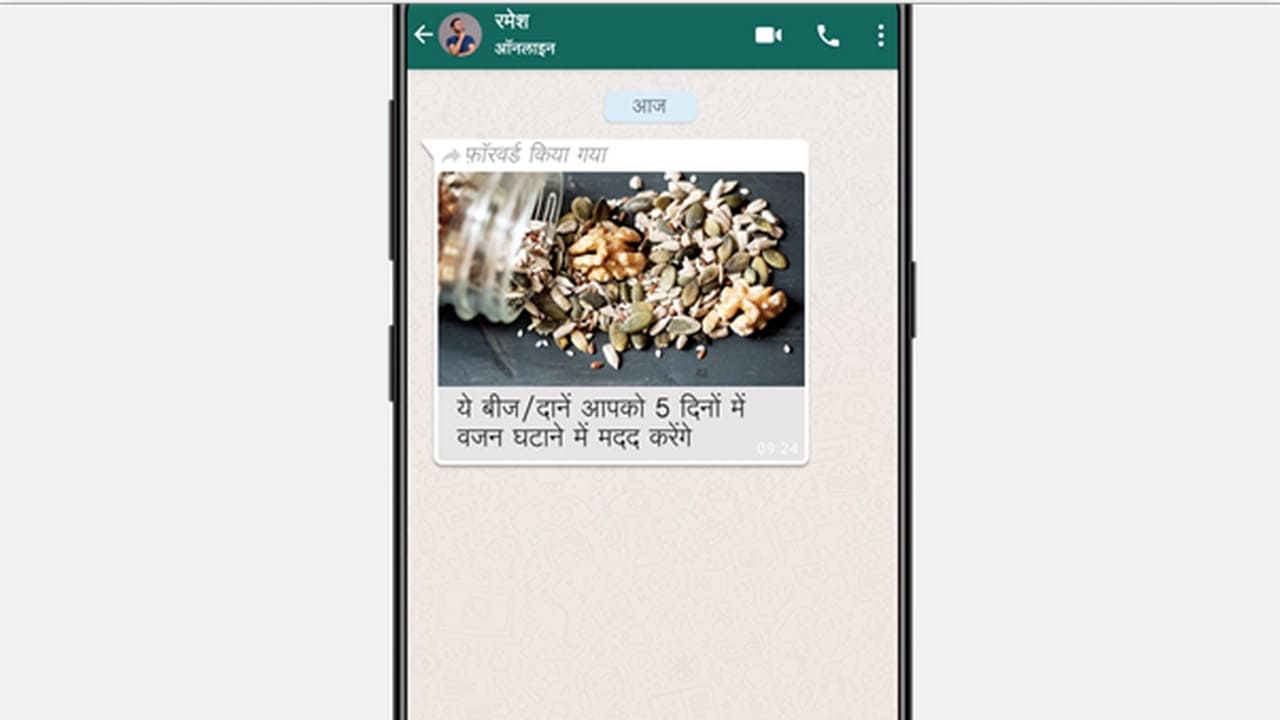tech2 News StaffMar 25, 2019 13:18:15 IST
As India stands about two weeks away from the General Elections, the fake news problem is a reality that has to be dealt with.
Unfortunately, WhatsApp has remained in the middle of the fake news issue since lynchings of hundreds of people last year. Ever since, the instant messaging platform has been organising street plays and releasing newspaper, TV and radio ads to spread awareness against the spread of rumours via the platform.
Now, in the second leg of the campaign which WhatsApp is calling ‘Share joy, but not rumours,’ it has released a series of videos in multiple languages, which shares with users three ways they could stop the spread of fake news and rumours.
Learn how to spot fake news
When you receive a message on WhatsApp, look for signs that help you decide that a piece of information may be fake. For instance, in the screenshot below, the message shows three dolphins jumping out of water and it reads that they were spotted in Mumbai. While Mumbai sea does have dolphins, but that sky, water, it all does not look so believable, it does not look very Mumbai, and that’s your sign.
Even otherwise, any message that does not have a verifiable source could be fake. Video, messages and even audio notes can be edited to mislead you.
Always verify the source of messages
A message that looks even slightly fishy, and you can’t track back their sources may very likely be fake. Always look for sources, refer to a trusted a website, before you forward a message that you receive. Like this forward below, which just claims that you can have these five dry fruits and lose your weight in five days. If things are too good to be true, they probably are.
Do not share or forward messages you aren’t sure of
If a message seems even slightly fishy to you, unless you have been able to cross check it’s authenticity, never forward it. If you do, you will only be perpetuating the spread of rumours, that can mislead people’s decisions, and sometimes even hurt them.
[embedded content]
“Proactively working with the Election Committee and local partners for a safe election is our top priority”, said Abhijit Bose, WhatsApp India head. “Expanding our education campaign to help people easily identify and stop malicious messages is another step towards improving the safety of our users.”
Tech2 is now on WhatsApp. For all the buzz on the latest tech and science, sign up for our WhatsApp services. Just go to Tech2.com/Whatsapp and hit the Subscribe button.



Post a Comment